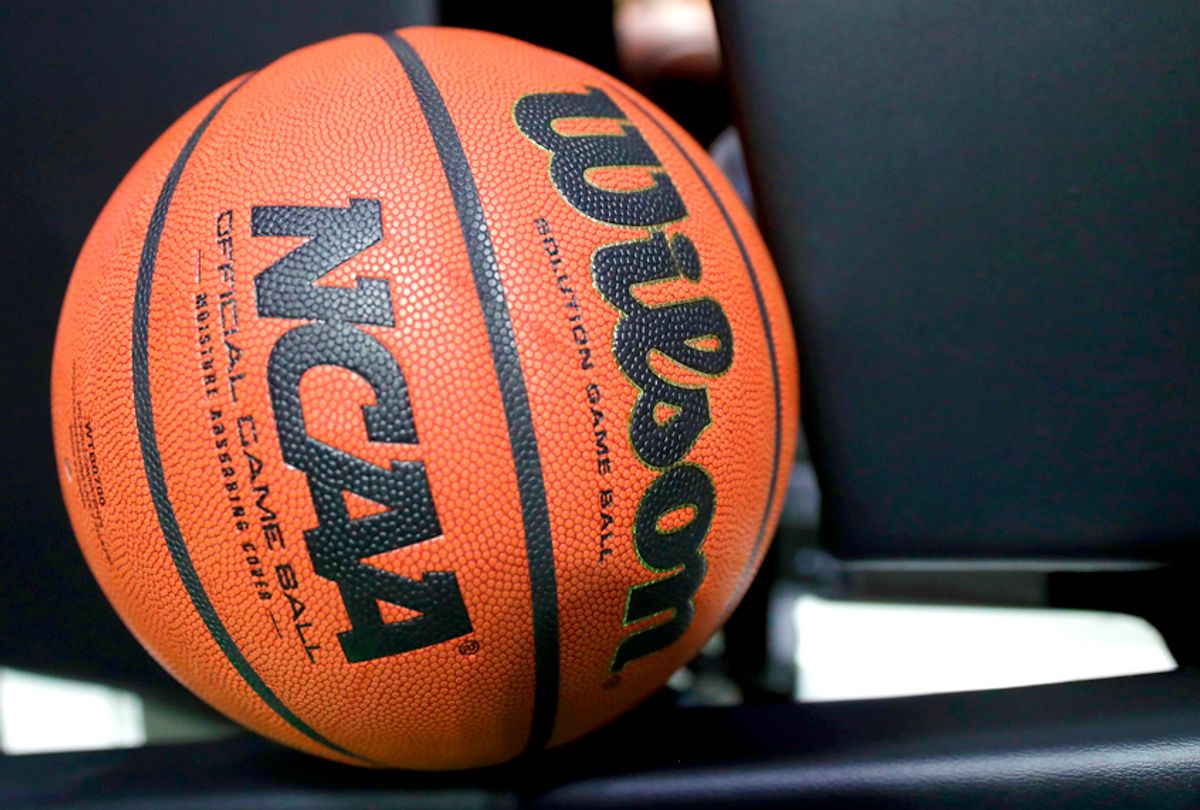Student-athletes are envied by their peers, basking in national attention, and bound to make millions in professional leagues post-graduation. At least that’s what the public imagines. Reality is often far different.
In most sports, the odds of turning pro are less than 2%, and while in school student-athletes are often pulled away from other college opportunities. In fact, college athletes on scholarship are doubly disadvantaged: the NCAA forbids them from accepting compensation for their athletic efforts, even while their team obligations render other employment opportunities impossible.
There is growing evidence that athletic scholarships fall short of the rising costs of attending college, as do most other scholarships. Difficulty paying their bills reduces the odds that student-athletes will graduate from college, especially those from families without wealth. Just over 55% of black male student-athletes graduate within six years, compared with 60% of all black undergraduate men, 69.3% of all student-athletes and 76.3% of all undergraduate students.
Last week, California Governor Newsom signed a law that will allow student-athletes the opportunity to earn money from the time and talent they invest in school sports. If the law survives the various legal challenges ahead, student-athletes will be able to seek compensation for the use of their images — their personal brands — and engage agents to represent them in the marketplace. In an interview with The New York Times, Governor Newsom noted, “Every single student in the university can market their name, image and likeness; they can go and get a YouTube channel, and they can monetize that…The only group that can’t are athletes. Why is that?”
The stakes are high. Given the very low odds that a student-athlete will ever play professionally, they need quality college degrees. It’s awfully hard to learn when you can’t afford food or a safe place to live. More than one in three students nationwide are affected by food and/or housing insecurity, and this happens even when they work and receive financial aid. The calculation used to compute scholarships and financial aid often overstates students’ ability to pay and understates real living expenses. As a result, even students at supposedly “no loans” colleges can fall short on their bills, cannot work, and thus are pushed into debt. We strongly suspect that student-athletes are no exception. After all, they have higher nutritional needs, often come from economically vulnerable backgrounds, and are explicitly disallowed from accepting support when they are in crisis — even when they are homeless.
This fall, the Hope Center for College, Community, and Justice is conducting its 5th #RealCollege survey of college students’ economic well-being, measuring food and housing insecurity as well as debt and overall health. Our survey includes student-athletes. In the spring, we will release a report describing the findings. Based on our extensive prior research, we anticipate that the data will confirm the anecdotal evidence: students-athletes are going hungry while their colleges and universities make millions.
Previous efforts to correct this injustice have taken the form of lawsuits and attempts at unionization. When justice is unavailable on the basketball court — or in the court of law — it is the duty and obligation of the executive and legislative branches to take action. We applaud Governor Newsom and the California State Legislature, and we look forward to congratulating other state governments that elect to follow their example.

Shares